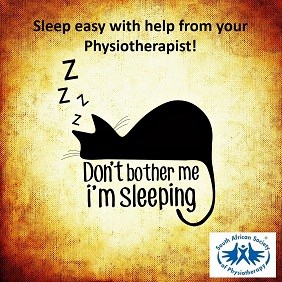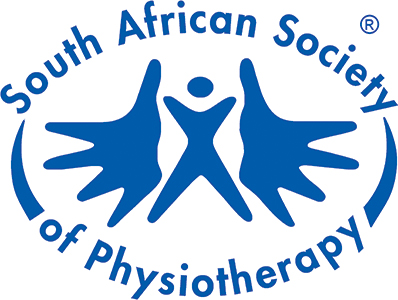
Are you feeling sleepy right now?
Sleepiness is increasingly common, and it’s no joking matter.
Think about this: sleepiness was partially responsible for:
• The grounding of the Exxon Valdez in Alaska and subsequent massive oil spill
• The Bhopal, India gas leak which killed over 5000 people
• The partial nuclear meltdown at Three Mile Island, USA
Close on 20% of vehicle accidents in the USA involve driver sleepiness – and that excludes all alcohol related accidents. Sleepiness is one of the top causes of on-the-job accidents. And sleepiness affects brain performance big-time, which means it affects productivity in the workplace, school and other places of learning.
More and more people suffer from poor sleep. Research indicates that about one in ten people across the world experience excessive daytime sleepiness; between 20 and 30% of young children have some kind of sleep disorder, while in older adults, the incidence of insomnia and waking unrefreshed is as high as 40%.
What can you do?
“An important factor in poor sleep is untreated musculoskeletal or neural pain,” says Dr Ina Diener, president of the South African Society of Physiotherapy (SASP). “Even if you don’t lie awake, back or neck pain or stiffness, for example, can keep you from sleeping as deeply as you need to. A physiotherapist can help you with diagnosis, treatment and exercises to maintain improvement and ensure you sleep well.”
For deep, refreshing sleep, you need to practise good sleep posture – sleep in ways that ensure your spine is in a neutral, ‘midline’ position which maintains its natural curvature, with support from the mattress and pillow.
Dr Diener advises:
If you sleep on your side, bend your knees and place a small pillow between your knees to ensure a good posture for your hips and spine.
If you sleep on your stomach, make sure your neck is not bent too far forward or too far back – your neck should be in a natural curve. If you are very round-shouldered, use a pillow under your chest if need be. Make sure your mattress is not too soft or too hard, forcing you out of the natural curvature of your spine.
If you sleep on your back, a pillow under your knees could relieve the load on the spine and keep posture good.
A good supporting mattress is crucial – take your time when making this purchase! And don’t use the same mattress too long – change it in line with the guarantee it provides. You need to find a mattress that supports your body, but in general a firm mattress with a softer top suits most people.
“And exercise regularly,” adds Dr Diener. “People who exercise at least three or four times a week, even if it’s just taking the dog for a forty-minute walk, tend to sleep better and suffer from less aches and pains.”







